Elite Life Agency Blogs
Agent Information and Blog

Insurance Agent Qualifications: Requirements to Become a Licensed Insurance Sales Agent by November 2023
Insurance Agent Qualifications: Education and Certifications
Education Requirements for Becoming an Insurance Agent
To become an insurance agent, you must meet specific education requirements set by your state's insurance department. Most states require applicants to have at least a high school diploma or its equivalent. However, having a college degree in areas like business, finance, or economics can be advantageous and help set you apart from other applicants.
Getting a License to Sell Insurance
To sell insurance, you must first get a license. Requirements for obtaining an insurance license vary by state, but most require a pre-licensing course and passing a licensing exam. The pre-licensing courses and exams focus on different types of insurance, including life and health insurance, property and casualty insurance, and
more.
Certifications and Designations
Insurance agents can improve their qualifications by obtaining industry-specific certifications and designations. For instance, agents selling life and health insurance may earn the designation of Chartered Life Underwriter (CLU), which indicates advanced expertise in life insurance sales, or the designation of Registered Health Underwriter (RHU), which mainly focuses on health insurance. These certifications and designations show potential clients and employers that you're committed to staying abreast of changes in the industry and improving your knowledge and skills.
Continuing Education and Professional Development
The insurance industry is continually evolving, and successful insurance agents keep their knowledge and skills up to date through ongoing education and professional development. Most states require licensed insurance agents to take continuing education courses to renew their licenses. These courses cover a variety of topics, including the latest insurance laws and regulations, and may be available online or in-person.
In conclusion, to become a successful insurance agent, it's essential to meet the education requirements, obtain a license, earn certifications and designations, and stay abreast of changes in the industry through continuing education and professional development. By doing so, you'll show potential clients and employers that you're knowledgeable, trustworthy, and committed to delivering the best possible service.
Insurance Agent Qualifications: Staying Ahead of Industry Trends
As an insurance agent, it's essential to stay abreast of the latest industry trends to remain successful. In this section, we'll delve into the various ways agents can keep up with the ever-evolving insurance landscape.
Continuing Education and Certification
One of the best ways to stay on top of industry trends is to pursue continuing education and certification programs actively. Many insurance companies and carriers offer these programs, which allow agents to learn about the latest products, regulations and policies, and sales techniques.
Continuing education courses are essential for maintaining an insurance license and can include topics such as the different types of insurance, insurance laws, and financial services. Additionally, obtaining professional designations such as the Certified Insurance Counselor (CIC) can bolster an agent's credibility and expertise in the industry.
Reading Industry Publications
Reading industry publications is another way to stay up to date with the latest trends. Publications like Insurance Journal and Carrier Management offer news and insights into the insurance industry. Additionally, industry associations like the National Association of Insurance and Financial Advisors (NAIFA) and the National Association of Professional Insurance Agents (PIA) offer newsletters and publications that provide valuable information on the industry's latest trends.
Networking and Collaboration
Networking and collaborating with other industry professionals can also provide insights into the latest industry trends. Joining industry associations and attending industry conferences can allow agents to connect with other professionals, learn about new products, and gain valuable insights into the industry's direction.
Embracing Technology
As the insurance industry becomes more digitized, it's essential for agents to embrace technology to stay ahead of industry trends. Social media platforms like LinkedIn and Twitter can be useful for networking and building a personal brand. Additionally, insurance agents can take advantage of social media to promote their services and stay connected with clients. Insurance agents can also utilize the latest technology to streamline their workflow and improve their efficiency, such as customer relationship management (CRM) software and automation tools.
In conclusion, to succeed as an insurance agent, it's crucial to stay abreast of industry trends actively. Pursuing continuing education and certification, reading industry publications, networking and collaborating with other professionals, and embracing technology are all crucial steps agents can take to remain competitive in the industry. At Elite Life Agency, we value agents who are committed to staying at the forefront of the industry and encourage our team to pursue ongoing education and training opportunities.
Thanks for reading our article "The Ultimate Insurance Agent Checklist: Qualifications for a Successful Career!" Find more information about our company and sign up with us today at https://elitelifeagency.com.
Here are a few other reputable sources if you're interested in learning more about this topic:
1. Insurance Information Institute - iii.org
2. Investopedia - investopedia.com
3. National Association of Insurance Commissioners - naic.org
4. Insurance Journal - insurancejournal.com
5. The Balance - thebalance.com
6. PropertyCasualty360 - propertycasualty360.com
7. American Institute of CPCU - aicpcu.org
8. American Risk and Insurance Association - ariainsure.org
9. Independent Insurance Agents & Brokers of America - iiaba.net
10. National Alliance for Insurance Education & Research - scic.com






